Eight Bells: Louie Howland
Published on July 9th, 2019
“A bookman I have been,” Louie Howland wrote in 2004, “a bookman I shall remain.”
Best known in boating circles as an award-winning writer and historian of all things maritime, Mr. Howland was borne through life across an ocean of books — so many that of late he moved from Boston to roomier quarters in Wenham, in part to gather his 20,000 volumes in one place.
Mr. Howland was 81 when he died at his Massachusetts home on June 21 of lung cancer, and though he sold textbooks early on, he later charted a memorable path as an editor and antiquarian bookseller in Boston’s literary world.
“Mine has been a life in books: buying and selling, editing and publishing, agenting, packing and shipping, appraising and cataloguing, reviewing, and, on occasion, even reading,” he wrote in 1999 — the last clause a characteristically wry twist.
He read “occasionally” the way a famous conductor might occasionally listen to music. As a former longtime senior trade editor at Little, Brown in Boston, he filled his days and nights with books and marked-up manuscripts.
“He had this ability to sit in a chair when there was noise all around him, editing with those little red pencils and scratching his head, working at it,” said Bill Phillips, a former Little, Brown editor-in-chief.
For scores of writers whose careers he guided, Mr. Howland was more than just an editor.
“He was responsible for my adult life, and I can’t say that in stronger terms,” said John D. Spooner, the best-selling author and financial adviser who worked with Mr. Howland for 14 years on six books. “What starts my life is my creative life, and Louie was responsible for it.”
Along with launching Spooner’s writing career by championing his first two books, Mr. Howland spent nearly two decades as a literary agent and editor.
“His devotion to his authors was quite remarkable,” Phillips recalled. “It’s a cliché, but he really was a sort of one-of-a-kind individual in his human qualities and intellectual gifts.”
Concerned that his approach wouldn’t mix well with corporate ownership in the years after Time Inc. purchased Little, Brown, Mr. Howland left in 1978 to found Howland and Co., an antiquarian bookselling firm.
He sold rare and out-of-print editions, paying particularly close attention to maritime titles that illuminated the history of yachting and seafaring.
“Louie was remarkable in that he had a whole network,” said Greg Gibson a longtime friend who is an author and antiquarian bookseller.
“It was just a club or society of people who shared his enthusiasm for yachting, and with whom he used his considerable personal skills to get them to buy antiquarian books about yachting,” Gibson said, adding that “the reason I valued him so much as a friend and a human being is that he was just an irrepressible enthusiast. He was very generous with transferring his own energy to other people.”
By his own description, Mr. Howland had been a “paid hand on a succession of well-known cruising and ocean-racing boats” in high school and college.
In later years, his voyages were mostly across the written page. The books he wrote and edited included a history of the New Bedford Yacht Club and a biography of W. Starling Burgess, a naval architect and designer.
Long associated with Mystic Seaport Museum and the New Bedford Whaling Museum, Mr. Howland conceded that some might see certain contradictions in his authoritative pursuit, as a writer, of an activity he had largely set aside decades ago.
“Although I write extensively (one might say compulsively) about yachting history,” he wrote for the 45th anniversary report of his Harvard College class, “I do not own a boat and I seldom sail.”
Llewellyn Howland III was born in Boston on Aug. 21, 1937, and grew up in South Dartmouth, MA.
He was the second of three children born to Llewellyn Howland Jr. and Sarah Ives Howland. Llewellyn Jr. mostly worked with his brother, Waldo Howland, running Concordia — a well-known yacht company in South Dartmouth. Mr. Howland’s mother, who had attended the Museum School in Boston, was a painter and was active in local civic affairs.
Even in boyhood, Mr. Howland was serious about books. “I would be reading Nancy Drew. He would be reading Dickens,” said his older sister, Sally Godfrey of Rumford, R.I.
A fire had destroyed the school Mr. Howland was attending, so he spent sixth grade in a one-room schoolhouse, where “he read wildly and was able to follow his interests completely,” his sister recalled. “He always said to me it was a very important year for him.”
When he attended Milton Academy, “he had an academic scholarship, so he had to work in the library,” she said. “Oh my lord, talk about putting the fox in with the chickens.”
At Milton, Mr. Howland became fascinated with Burgess, who had gone to the school. That interest continued until he published “No Ordinary Being: W. Starling Burgess, Inventor, Naval Architect, Poet, Aviation Pioneer, and Master of American Design” in 2014.
Mr. Howland was part of Harvard’s class of 1959 and graduated with a bachelor’s degree in English. After serving in the Army Reserves, he worked for the Harcourt, Brace, and World publishing company and then at the New York-based Sterling Lord literary agency.
He first met Jessie Williams, who is known as Jay, when she was a Radcliffe College student and didn’t make a great impression. “I thought he was a stuffed shirt,” she chuckled.
They met again when they both worked at Little, Brown and lived in the same apartment building — her place directly above his. They married in 1967. “None of the good things that have befallen me over the years would have happened without my wife, Jay,” he wrote in 2014.
He was “charismatic, fun,” his wife said. “He always was what people would refer to him as: He was a good-time guy.” And yet, “he described himself as an introvert,” she added. “He had a need for a certain amount of solitude.”
They lived in Jamaica Plain for many years until moving to Wenham.
“I think one of the things I will miss the most is that he was absolutely wonderful to talk to and converse with, both on the phone and in person,” said their daughter, Jessie Cahill of Marlborough. “He could be very funny and was very compassionate.”
Mr. Howland was “a wonderful man and a wonderful father,” said his son, Cornelius of Roslindale.
“He was, at his best — which was so much of the time — intensely engaged with the world around him and the people around him,” Cornelius said. “That enthusiasm was infectious.”
A service will be announced for Mr. Howland, who in addition to his wife, children, and sister leaves another sister, Hope Hale of Carmel, Calif., and three grandchildren.
Writing 15 years ago for his Harvard class report, Mr. Howland said he had “resolved to stop wrestling with the mysteries of human existence” and instead live “determinedly in the present.”
“As for the future,” he added, “I have no doubt that when the end comes, it will come at the worst possible moment, but not a moment too soon.”
Source: Boston Herald


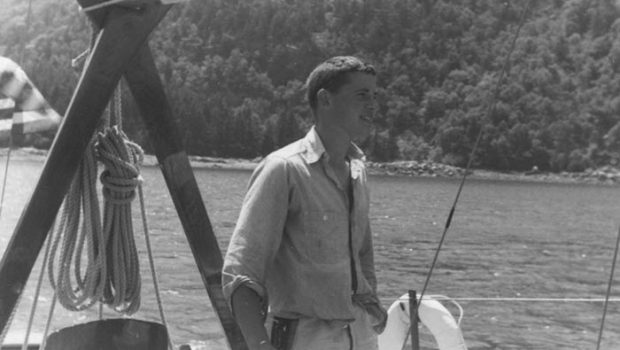
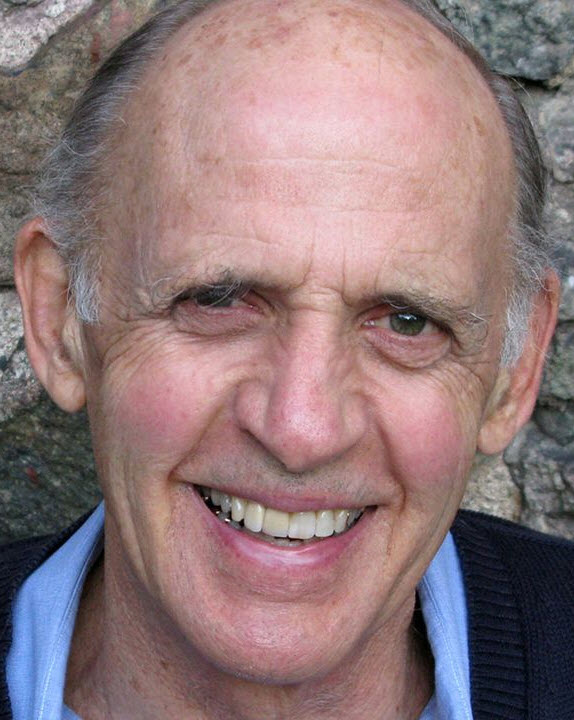


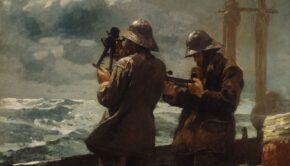
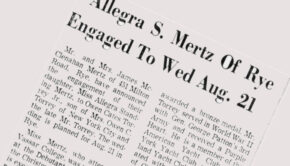
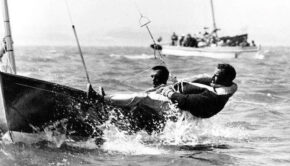
 We’ll keep your information safe.
We’ll keep your information safe.